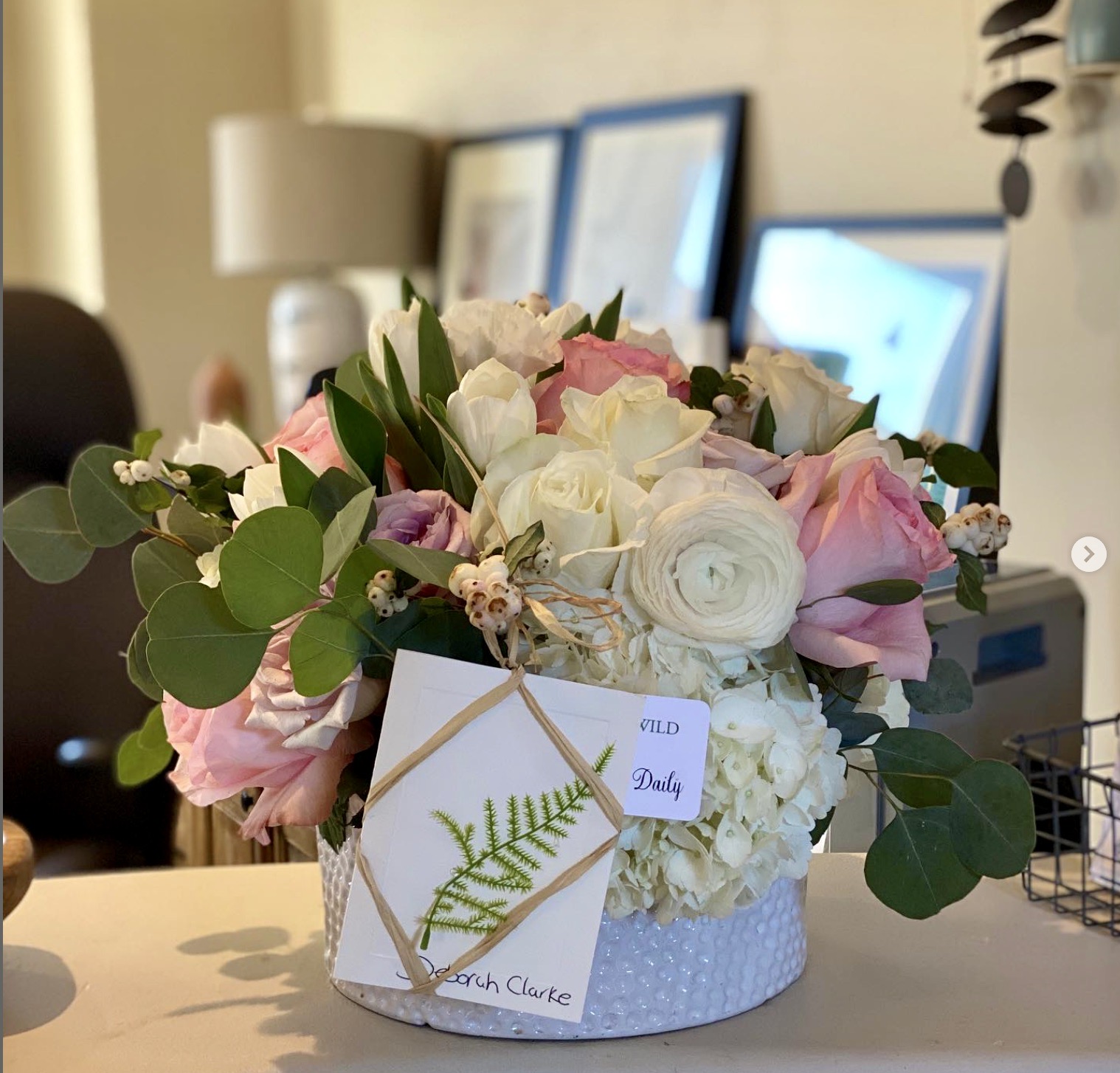We are family. We are bound to get angry with each other from time to time. We are bound to get frustrated, annoyed, upset, hurt, bummed out, etc. That’s part of having a loving relationship with people, especially family, who know you inside and out. Who know how to “push your buttons.” Who know where your soft spots are. And because we’re family, we always think we can do or say anything, or act however we want, and everything will be ok. There will be no consequences. We do things or say things to each other that we’d never do or say to our friends.
It’s OK to get angry. It’s OK to have all the feelings I describe below. I’ll never ask anyone to push them down, ignore them, keep them hidden, just so we can have a “nice” family gathering. BUT, that’s why I wrote this. I thought about us and the patterns we’ve gotten into over the years. And what we can ALL do to try to break the cycle. Including me.
To be honest, my first thought was to tell everyone to put a smile on their face and a song in their heart (as your dad used to say), have a good time and don’t get into a fight or pick on each other or I’ll kick everyone out and run away to a small island. But that’s: 1. not going to work, and 2. not what I want. So, I spent a lot of time thinking about this. And I came up with these 10 Points below:
I’d love to hear your feedback! I’m open to ideas, suggestions, criticism, etc. I don’t profess to be an expert. I just know there’s a better way. We are a family and we’re going to stay that way. Forever. No matter what. I love you both bigger than the sky in the whole wide world. Love, Mom
1) Breathe
Don’t immediately react! Take a few deep breaths.
2) Pause
Consider whether you have to react right now. Can this issue be put on hold and dealt with later? At a different time? At a different place? In a more private setting? At a more appropriate time when you’ve had time to cool down and think about it from various perspectives? Or do you need to resolve it immediately? How will your decision affect others around you at the time? Can you ask the person to talk to them privately, either now or later?
3) Identify
Identify the real issue/problem. Consider WHY you’re feeling annoyed, hurt, frustrated, sad, unappreciated, angry, etc. Are you being overly sensitive? Are you falling into old patterns? Are you looking for a fight? Are you looking to take out your own anger on someone? Or did this person do or say something (or not do or say something) that objectively is problematic; that a reasonable person off the street would have a problem with?
4) Resolution = Goal
Figure out how best to find a resolution. After all, that is THE ULTIMATE GOAL. To do that, first ask yourself what you want or need out of this relationship. A closer relationship, love, loyalty, understanding, support, respect, friendship? What are you missing? Then remind yourself what you don’t want. You don’t want to just “win” an argument. You don’t want to just score points. You don’t want to just retaliate and/or hurt the other person because because they hurt you. Two hurts don’t = healing! They = more hurt, more chaos, more instability, and maybe long lasting problems. A perfectly reasonable resolution can include agreeing to disagree. Or agreeing to move past the issue as long as each person is truly ok with moving on and won’t be harboring a grudge.
5) Calm, Respectful Communication
When appropriate, talk to the other person. Express your feelings & why you feel that way. Do so in a respectful manner. Come at it from “this is how X made me feel.” Not, “You did X and that was mean.” Give each other time to speak. Use a “talking stick” if necessary. Whomever has the talking stick can talk & then pass the stick to the other person. Use a timer. Make the ground rules for the conversation and then stick to them. If they’re not working, go back to Number 1.
6) Don’t’s
NO insults, name-calling, attacking, yelling, physical intimidation, threats, physical harming, or shredding the other’s character. Don’t bring up OLD hurts/wounds/grievances as it’s counterproductive to finding a RESOLUTION. Stick to the current issue.
7) Focus
Stick to the single problem and don’t expand it beyond that. Not everything has to devolve into an entire character assassination, or a criticism of the whole person or the entire relationship. Not all arguments have to devolve into bringing up past hurts.
8) Reminder
Remember to express your love and appreciation for the other. There are so many more things you love about them other than this one “dispute.” Remind them that you love and care about them. Maybe even specify WHY you love and care about them, qualities you admire, specific things they do, etc. Example: “I think you are really funny, and have a great sense of humor, but when you say X it hurts my feelings.”
9) Learn
Learn from every argument. They are teaching tools. Learn how to better communicate. How to behave differently. What to avoid. What to say differently. How to be more thoughtful. How to address the issue & move forward together.
10) Empathy
We have all been through extremely difficult, traumatic experiences the last year and are emotionally exhausted. We are raw. Sensitive. Easily triggered. We need more understanding. More leeway. More room for mistakes. More faith in each other. None of us wants to deliberately hurt, anger, frustrate or annoy the other. Remember there’s no “mean intent.” In fact, one may not even know that they are upsetting the other person. We need to keep that in mind at all times. Attacking is only going to exacerbate the situation. It won’t resolve it. Calm, respectful RESOLUTION is our GOAL!



